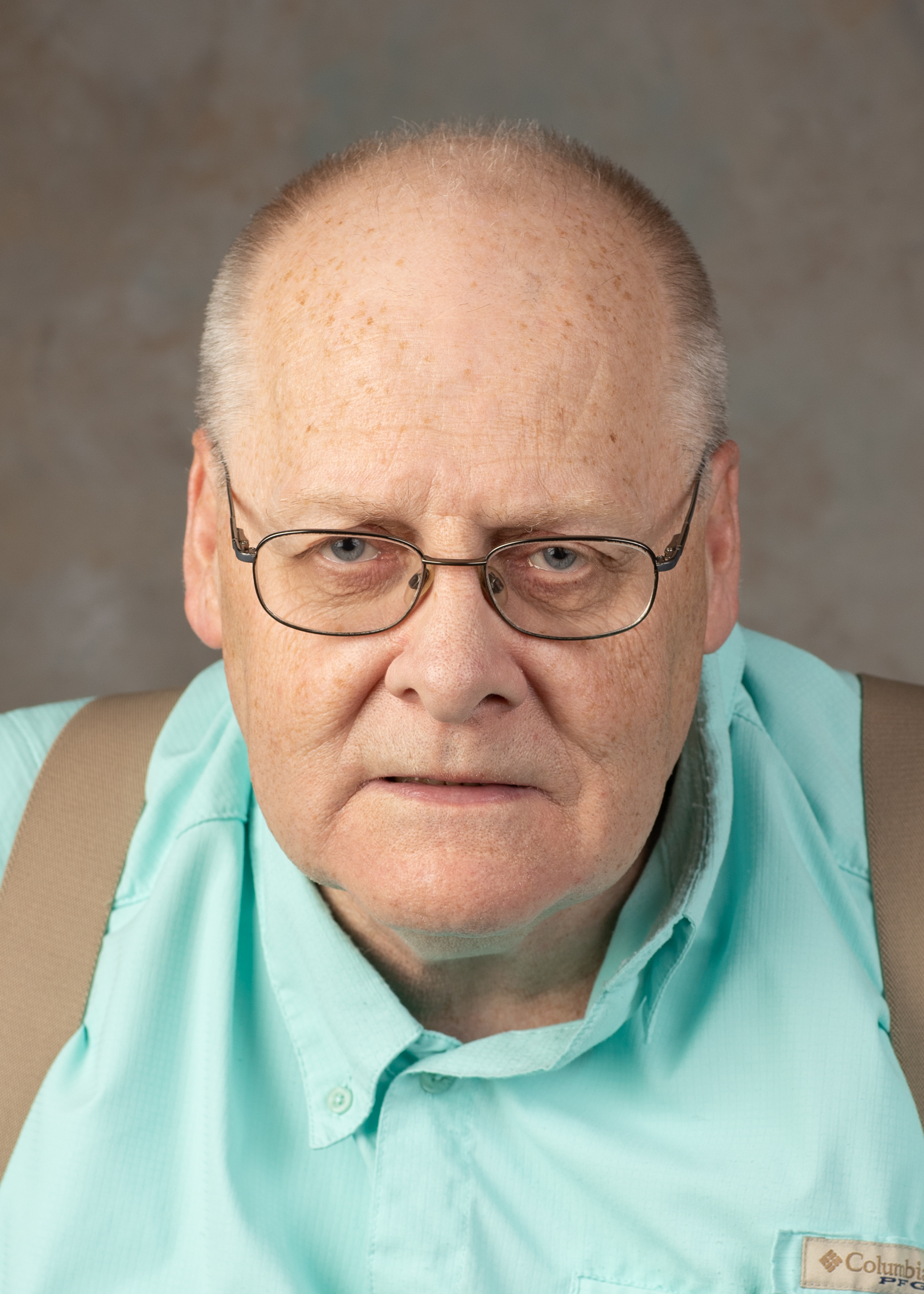By Greg Markley
For maybe 15 years, but especially since 2017, controversy has swirled around a simple saying: “Thank you for your service.” It is said to a service member or military veteran with gratitude. The issue arose not from civilians but from military people themselves. It just happened; like deciding to suddenly enlist for one’s country.
As Pvt. John Winger (Bill Murray) said in ‘Stripes,’ “We’re all very, very different. But there is one thing we all have in common: we were all stupid enough to enlist in the Army (or another branch). There’s something seriously wrong with us – we’re soldiers. But we’re American soldiers! We’re ten and one!”
This was a humorous way to describe the close-knit group of men and women who have worn a military uniform. Also, Winger refers to the disastrous Vietnam War, which ended with more than 50,000 American deaths. Most historians tag that war a U.S. loss (thus the “10 and 1”). Soldiers returning from Vietnam would have been happy to receive even a weak welcome such as “Thank you for your service.” Instead, people irate over the war threw things at them and called them “baby killers.” There are valid, appropriate reasons for either side—the anti-“Thank you’s” and the pro-“Thank you’s.”
“Most SEALs don’t wear their uniform out in public, so we don’t really get thanked for our service,” a Navy Petty Officer told San Diego Magazine in 2017. “If you’re looking for thanks then you’re in the wrong job, because people shouldn’t know what we do. I don’t do this for the acknowledgment or the money—it’s about serving my country.”
Another view came from a Navy Master Chief: “It’s important for civilians to understand that our response is just as heartfelt when we say ‘Thank you for your support’ in return. I hope they feel our sense of gratitude as well. Without their support on the homefront and appreciation of the values that our country stands for, why else would we volunteer our service?”
Just two months ago on Veterans Day 2019, a poll showed that 49% of veterans would prefer not to be thanked. The poll was conducted by Cohen Veterans Network, a national not- for-profit of mental health clinics for post 9/11 vets and military families. Polled were 2,019 U.S. adults ages 18 and older, 218 who are U.S. military veterans or active duty service members.
Yet it was not all bleak news from the Cohen poll. It turns out that a majority of the veterans and active-duty service members polled would not object if a civilian asked them
“When did you serve?” (71% in favor); “Where were you stationed?” (Also 71% for); or “What was your job while serving?” (73% for).
A 2017 article by Dr. Michael Brennan in Psychology Today featured a list of four reasons why veterans and active-duty military members oppose the saying “Thank you for your service.”
Brennan is associate clinical director of the Road Home program for Veterans at Rush Medical Center based in Chicago.
“First, those who believe this say it could ‘trigger’ someone to have an emotional reaction,” said Brennan. “This might mean someone would get angry or irritated “You don’t know what I’ve done.” respond reactively “You don’t know what I have been through.” or question your intent “Why would you say that?”
Other rationale against the saying include that Vietnam veterans may have had a poor return home that still upsets them; that with a volunteer versus a draftee there may be challenges to the phrase; and that a better option is saying “Thank you for your willingness to serve,” “Welcome home,” or “Thank you for your sacrifice.”
Those three choices above sound good, but “Welcome Home” is the weakest. Why?
Because it is like saying “Have a nice day.” It is rote and has lost any meaning. My concern with “thank you for your service” is that it sounds like a cop-out. That is something you might say when a person, through no fault of their own, loses a job. Someone unfeeling might offer:
“Thank you for your service—you worked great, but the store folded up just the same.”
In the end, most people who say “Thanks for your service…” are well-intended, perhaps more so in the gracious Southern U.S. So, if veterans answer nicely, all involved will get used to the approach and reply that the other person prefers. Good advice came from Gen. George S. Patton: “Say what you mean and mean what you say.”
Greg Markley has lived in Lee County for 18 of the last 23 years. An award-winning journalist, he has master’s degrees in education and history. He has taught as an adjunct in Georgia and Alabama.

